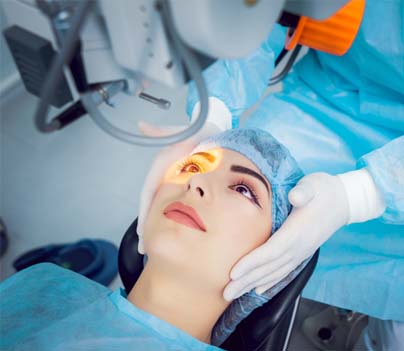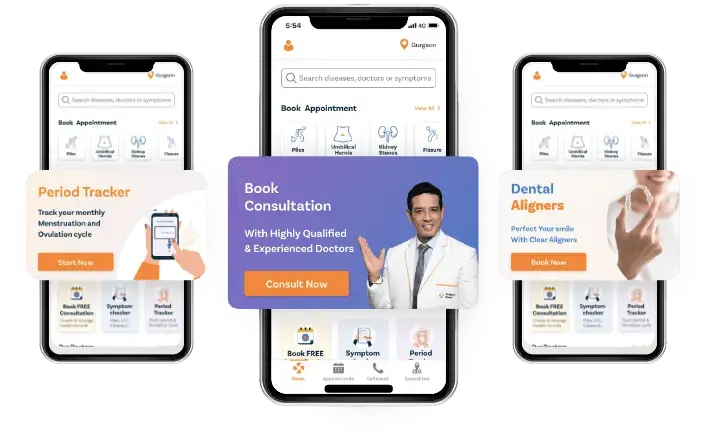Various factors impact the cost of cataract surgery in Hyderabad. These factors are-
- The technique chosen for cataract removal.
- Type of IOL (intraocular lens)
- Brand and manufacturer of the lens
- Diagnostic tests
- Doctor’s fee
- Pre and post-surgery medications
- Post-op care and follow-up consultations












.svg)





.svg)








